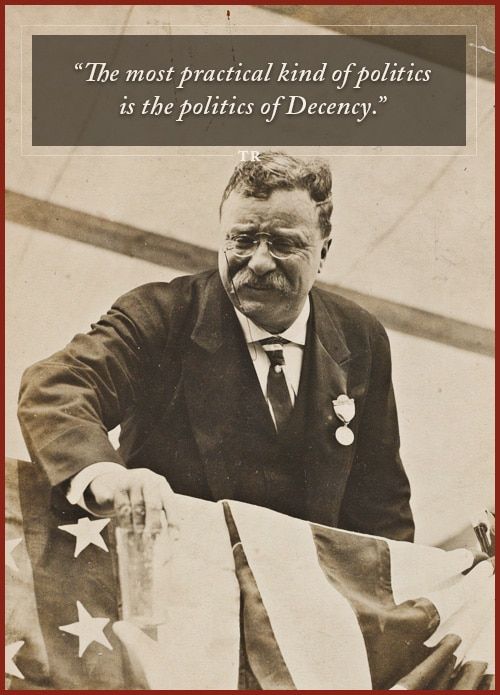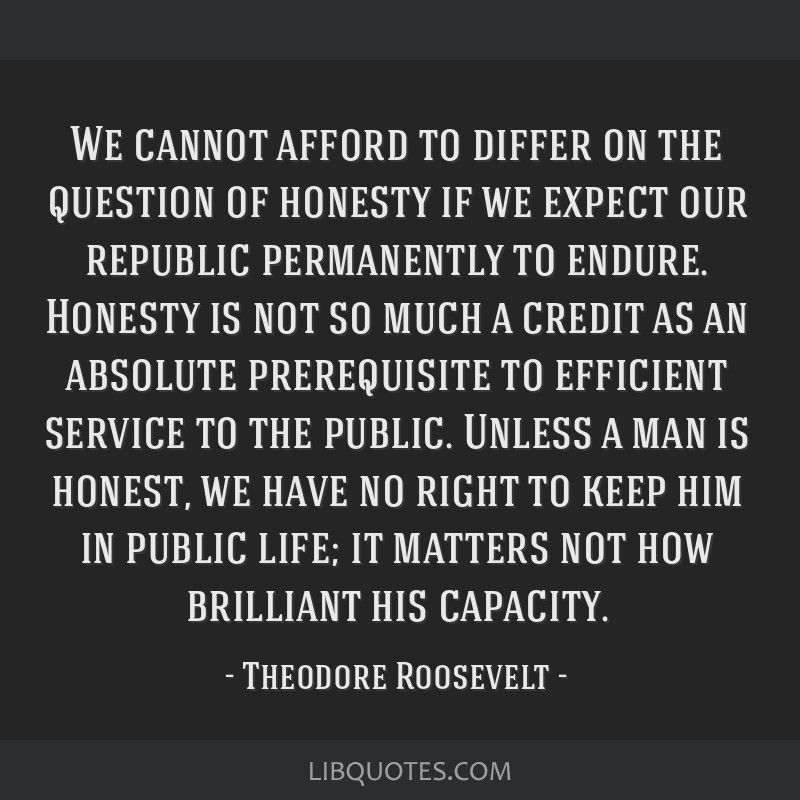President Biden’s $1.9 trillion coronavirus response plan is better thought of as a stimulus bill designed to lift the economy out of the recession caused by the pandemic. In that manner it serves the same purpose as the Trump economic stimulus plan of 2018. In contrast to the Trump program, the Biden plan stimulates the economy through government spending and redistribution of the wealth towards the poor and middle-class rather than tax cuts and regulatory relief.
A good way to understand and justify the over 500-page bill is to distill it down into four subject areas:
- COVID-19 response – These provisions include not only the marquee $1,400 per person stimulus checks and funding for vaccines and testing, but also increased unemployment assistance, extended food stamp assistance and housing aid as well as extending the temporary right to paid sick leave through September. This article from CNBC is a helpful guide on how the recipients can best use these aid programs.
- Social welfare – The bill essentially implements Biden‘s promise to expand Obamacare coverage during the campaign, but also increases the child tax credit to $3,600 per child and allows those payments to be paid monthly rather than once a year. It also expands the earned income tax credit for childless individuals. In addition, $86 billion is earmarked for shoring up approximately 200 underfunded pension plans. This is essentially a rescue of the federal Pension Benefit Guarantee Corporation, which is currently insolvent because of past rescues of bankrupt employee pension plans.
- Education – The legislation grants $130 billion to K-12 schools and $40 billion to colleges and universities. The K-12 money could be used for long-overdue classroom expansion and capital improvements to schools.
- State and local government aid – Probably the most controversial provision of the bill is the $350 billion in aid to state and local governments to make up for revenue losses caused by the pandemic. These grants come with no strings attached.
I criticized Washington last year for wrangling over political details and delaying help for those suffering from the pandemic-caused recession (see here). Despite the excesses of the bill, Roosevelt’s advice remains sound. Assisting the poor and lower middle class who have borne the brunt of this crisis is the best form of politics because it is decent thing to do. The remainder of the bill should simply be considered the fulfillment of a four-year set of Democratic and Biden spending promises in one year.
It now falls on Congress to oversee these new programs and prevent them from expanding into new entitlements that institutionalize these huge expenditures and thus risk inflation and a collapse of the dollar. Today, however, we should concentrate on the aid to those in hardship due to the pandemic and the programs necessary to defeat it. This bill accomplishes this goal and is thus worth celebrating.



